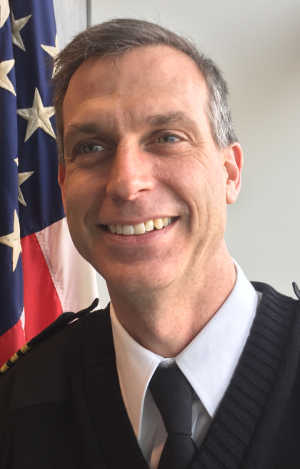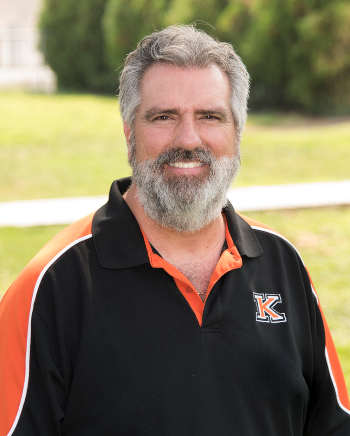- Greg Dill
- Posted On
Understanding Medicare: Medicare helps seniors use opioids safely

If you get injured or have surgery, your doctor may prescribe opioids, a class of drugs used to treat pain.
Although opioids can be an important part of treatment, they carry serious risks of addiction, abuse, and overdose, especially if used continuously. This is true even for seniors and other people with Medicare coverage.
While illicit use is part of the opioid epidemic, prescription opioids provided by physicians can also be a problem when not used carefully. Since Medicare pays for a significant amount of prescription opioids, we strive to ensure appropriate stewardship of these medications that can provide a medical benefit but also pose risks.
That’s why Medicare has developed new policies for Medicare prescription drug (Part D) plans, doctors, and pharmacists to help you use opioids safely. Medicare is also using new drug-management programs to look for potentially high-risk opioid use.
The new policies aren’t “one size fits all.” Instead, they’re tailored for different types of Medicare prescription opioid users. These policies don’t apply to people living in hospices or long-term care facilities, receiving palliative or end-of-life care, or being treated for active cancer-related pain.
When a prescription is filled, Medicare drug plans perform additional safety checks and may send pharmacies an alert to monitor the safe use of opioids and certain other medications.
Safety checks may cover situations like:
· Possible unsafe amounts of opioids. The pharmacist or Medicare drug plan may need to more closely review a prescription with the prescribing doctor if a patient has one or more opioid prescriptions that total more than a certain amount.
· First prescription fills for opioids. These may be limited to a 7-day supply or less for acute pain if a patient hasn’t recently taken opioids (like within the past 60 days). This safety check applies only to new users of prescription opioids.
· Use of opioids with benzodiazepines. Benzodiazepines are a class of drugs commonly used for anxiety and sleeplessness, which can be dangerous when taken in combination.
If a prescription can’t be filled as written, the pharmacist will provide a notice explaining how the patient or doctor can contact the Medicare drug plan to ask for a coverage determination (the first coverage decision made by the Medicare drug plan). The patient or doctor also can ask the plan for an exception to its rules before the patient goes to the pharmacy, so they know whether or not the prescription will be covered.
If a beneficiary gets opioids from multiple doctors or pharmacies, the beneficiary may need to receive their medications from specific doctors or pharmacies to ensure appropriate care coordination. The plan will send the beneficiary a letter if it will limit their access to these medications under its drug management program. If so, the beneficiary and his or her doctor have the right to appeal.
Medicare’s new opioid policies encourage collaboration and care coordination among Medicare Part D drug plans, pharmacies, prescribers, and patients in order to improve opioid management, prevent misuse, and promote safer prescribing practices.
Medicare is committed to addressing the opioid crisis and helping our beneficiaries use prescription opioid pain medications safely. More information about safety checks and drug management programs is available on Medicare.gov at Medicare drug plan coverage rules.
Greg Dill is Medicare’s regional administrator for Arizona, California, Nevada, Hawaii and the Pacific Territories. You can get answers to your Medicare questions by visiting www.Medicare.gov or calling 1-800-MEDICARE (1-800-633-4227).








